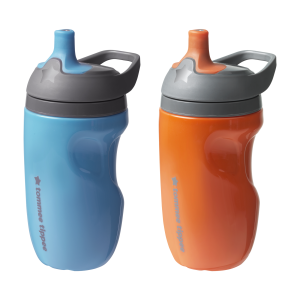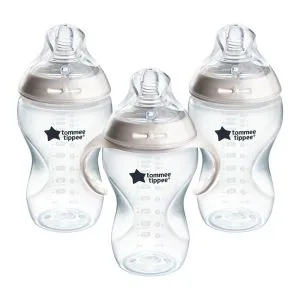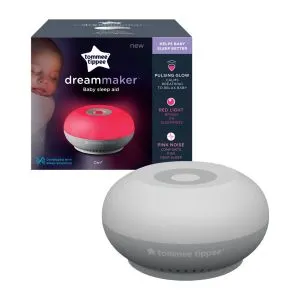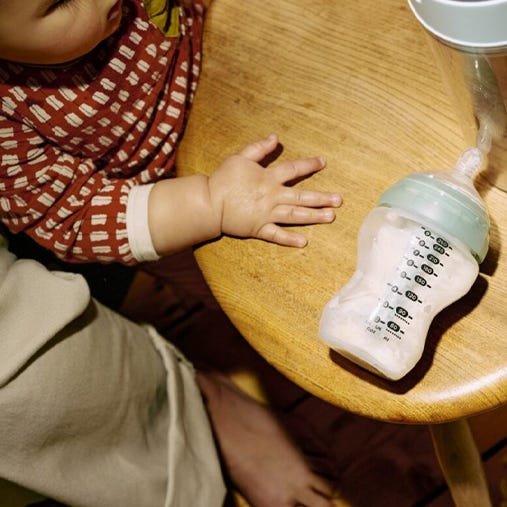Reflux is when a baby brings up milk, or is sick, during or just after a feed. It's normal for most babies (which is why all those bibs come in handy) and usually gets better, without causing any significant problems.
What causes reflux in babies?
Reflux happens because the muscles at the bottom of baby's oesophagus (food pipe) and stomach are not fully developed, so rather than going into their tummy, milk and food can sometimes travel back up. As your baby grows, these muscles develop and your baby stops getting reflux.
Reflux usually starts before your baby is 8 weeks old and gets better by the time they reach their first birthday.
Signs of reflux in babies
Your baby may show that they are distressed and uncomfortable in many different ways. It's not always reflux that's causing their pain. They may be feeling hot, cold, want a change or just a cuddle. But signs of reflux include:
- Baby bringing up milk or being sick during or shortly after feeding
- Baby coughing or hiccupping when feeding or seeming to have a sore throat
- Baby being unsettled during feeding
- Baby swallowing or gulping after burping or feeding
- Baby arching their back and turning their head
- Fighting feeding or refusing to feed
- Crying for long periods and becoming upset during and after feeds
- Persistent hiccups
- Not gaining weight as they're not keeping enough food down
What is silent reflux?
Regular reflux happens when your baby spits up milk after feeding. Sometimes babies don't spit out what comes back up but swallow it instead. This is known as 'silent reflux'. Babies with silent reflux might gain weight normally but show some of the other signs of reflux.
With silent reflux, when your baby brings up milk, some of the acid from their tummy will come with it, making your little one uncomfortable and restless after feeding.
If you notice your baby swallowing after a feed, when there shouldn't be milk in their mouth, they may have silent reflux. Your baby may develop a cough and will often show signs of discomfort when lying down.









